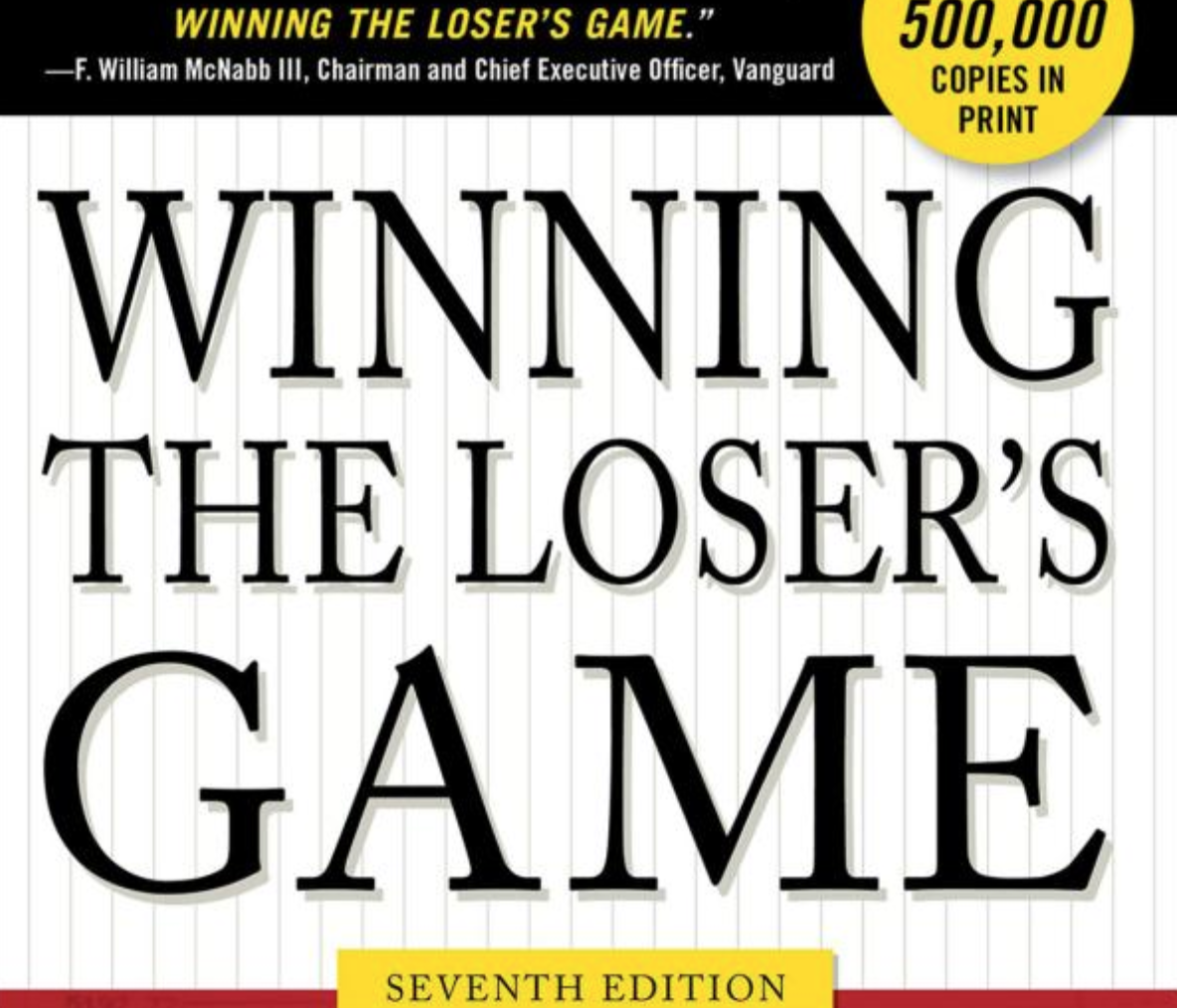
Few people have had more impact on the asset management industry over the last 50 years than Charley Ellis.
His seminal book about the benefits of passive investing, Winning the Loser’s Game, is in its seventh edition. Ellis has also authored or co-authored numerous other books, and has taught investment management courses at both Yale and Harvard. He is the founder of Greenwich Associates and has served on the board of directors at Vanguard.
Charley is the guest on the latest episode of the excellent Morningstar podcast, The Long View. Here are some of the most interesting things he had to say:
Why active managers believe they can beat the market when the vast majority don’t
Charley Ellis: “If someone’s income is substantial, and their way of life is lovely, are dependent on believing something, chances are pretty high they will believe it. And there’s never been a line of work as well compensated or as much fun or as interesting as investment management. Candidly, most of my best friends are involved in active investment management, and they’re wonderful people. So, who wouldn’t want to be part of that group?”
Why it’s so hard for ordinary investors to beat the market
CE: “When I was first getting started (in investment management), back in the early 60s… 90% of (trading) was done by individuals who did a trade every year or two or three… Now, 99% of trading is done by institutional investors. You think about it. 99% of trading. That means virtually every time you buy, you must be buying from a professional. And every time you sell, you’re selling to a professional. And what’s happened to the professionals? They’ve got better and better and better and better.”
Why it’s so hard for active managers to outperform, even in emerging markets
CE: “If you went back 15 years ago or 20 years ago, absolutely, emerging markets were (a good opportunity for active managers). But so many people have gotten involved in emerging-markets stocks that most people would be comfortable buying from overseas — Americans buying them, for example — that they’re pretty close to efficiently priced. It’s not that it’s as tight as it would be with large-capitalisation stocks in the US or the UK. But it’s close enough so that I wouldn’t want to make an effort in that direction at all.”

Why Renaissance Capital has succeeded when so many others have failed
CE: “Jim Simons at Renaissance Capital has obviously done exceedingly well with a whole bunch of mathematicians, roughly 100 mathematicians. And Jim, of course, is a brilliant person himself. They have periods when it looks like they’re just a complete failure. And then, they have other periods when it’s just unbelievable how well they do. But they’re doing something completely different from what anybody else does… The only way to be successful is to be clearly an outlier.”
Why indexers shouldn’t worry about indexing growing too big
CE: “I suppose that if 90% or 80% (of people) indexed, then you’d have a whole bunch of changes taking place… From 1960 to today, the number of people who make a really good living by being involved in active investment management has gone from something like 5,000 to something like one million. I personally think you could get rid of half of the one million without changing the price-setting skills of the marketplace. How in the world are you going to get people to give up the most interesting game, most interesting line of work, (with the) highest compensation? And until they give it up in droves, there is not going to be a change in the fundamental character of the investment management world.”
You can listen to the podcast here:
Charley Ellis: Why active investing is still a loser’s game










